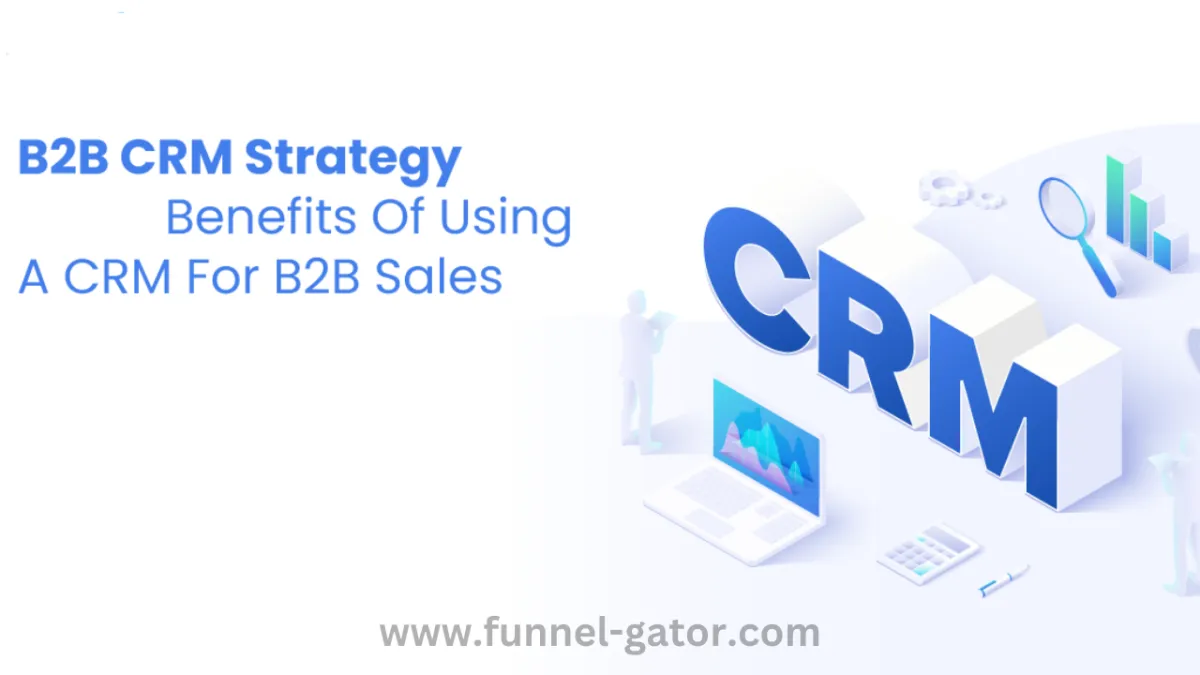
B2B CRM: The Complete Guide to Supercharging Your Business Relationships
In today's fast-paced world of business, staying organized and keeping track of your leads, contacts, and sales processes can feel like juggling flaming swords. If you're in a company that sells to other businesses, you already know how complex those relationships can get. That’s where a B2B CRM—short for Business-to-Business Customer Relationship Management—steps in like a trusted sidekick.
But what exactly is it, and why should you care? Let's unpack it in plain, human language.
What is B2B CRM, Anyway?
Put simply, a B2B CRM is a digital tool designed to help businesses manage relationships with other businesses. It stores customer data, tracks interactions, and automates workflows, helping your team close more deals with less stress.
Unlike B2C (Business-to-Consumer) CRM platforms, B2B CRM software focuses on longer sales cycles, more complex deals, and multiple decision-makers per account.
👉 Learn more about CRM basics here
Why Does Your Business Need a B2B CRM?
Let me tell you a quick story.
A few years ago, a friend of mine ran a growing SaaS company. He had a small but mighty sales team. Everything—leads, contact info, follow-ups—was tracked in spreadsheets and sticky notes. Sound familiar?
One day, a major client slipped through the cracks because nobody remembered to follow up. That client signed with a competitor, and my friend realized it was time to level up.
After implementing a solid B2B CRM platform, his team started closing 40% more deals and had happier clients to boot. Coincidence? Not at all.
A great CRM system can:
Streamline your sales process
Improve communication between teams
Provide real-time data and analytics
Boost customer retention
Increase revenue by identifying sales opportunities
Features to Look for in a Powerful B2B CRM
When you're shopping for a CRM, don't settle for fluff. Here's what really matters:
Contact Management: Centralize all your business contacts, email threads, and meeting notes in one place.
Pipeline Management: Visualize where every deal stands and what actions are needed next.
Lead Scoring: Prioritize leads based on behavior and engagement.
Automated Workflows: Save time with email automation and task reminders.
Customizable Dashboards: Get a clear picture of your KPIs.
Third-Party Integrations: Connect your CRM with tools like Slack, Zoom, Mailchimp, and more.
Reporting & Analytics: Make data-driven decisions with real-time insights.
Step-by-Step: How to Choose the Right B2B CRM Software
Choosing the right CRM can feel overwhelming, but here's a simple 5-step guide:
Step 1: Define Your Needs
Ask yourself:
Do we need email marketing built in?
How many team members will use it?
What’s our budget?
Every business is different, so choose a CRM that fits your unique workflow.
Step 2: Research CRM Tools
Some top B2B CRM platforms include:
Look at reviews, demos, and free trials. And don’t be afraid to ask questions!
Step 3: Test the Waters
Start with a free trial or pilot program. Let your team explore the platform. Ask for feedback.
Tip: Track adoption rates. A CRM only works if your team actually uses it.
Step 4: Get Buy-In from Your Team
Involve your sales and customer support teams early on. A CRM is a team tool, not just a sales manager’s toy.
🎯 Pro tip: Choose a CRM with an easy-to-use interface and strong training resources.
Step 5: Customize and Optimize
Tailor the CRM to match your sales stages, customer journey, and reporting needs. Automate what you can. Keep refining over time.
Real-Life Benefits of Using a B2B CRM Platform
Still not convinced? Here are some real-world perks:
✅ Your sales team will spend less time on data entry and more time closing deals.
✅ Your marketing team can segment contacts and send targeted campaigns.
✅ Your support team will have full visibility into the customer’s history.
✅ Leadership can pull instant reports on performance, pipeline, and revenue.
All this adds up to better customer experiences and a healthier bottom line.
Common Mistakes to Avoid
Let’s keep it real—CRMs can go wrong if you’re not careful. Here’s what NOT to do:
Don’t choose a CRM based solely on price.
Don’t overload your team with features they’ll never use.
Don’t ignore onboarding and training.
Don’t forget to update your data regularly.
Final Thoughts: Is a B2B CRM Worth It?
Absolutely.
Whether you're a startup or a well-established company, investing in the right B2B CRM system can revolutionize how you connect with clients and close deals. It's not just a tech tool—it's your growth partner.
So, if you're ready to take your business relationships to the next level, now's the time to explore your options. Do your research, test some tools, and make a confident choice.